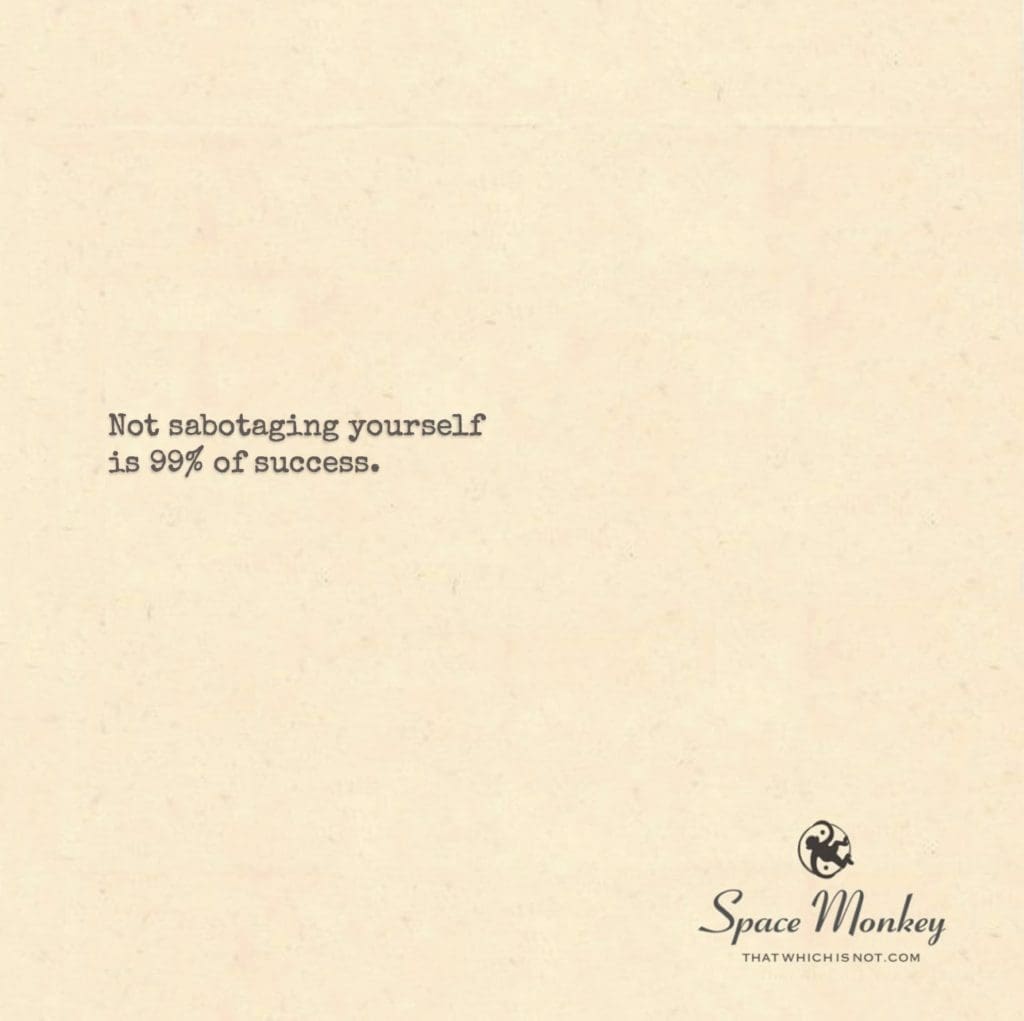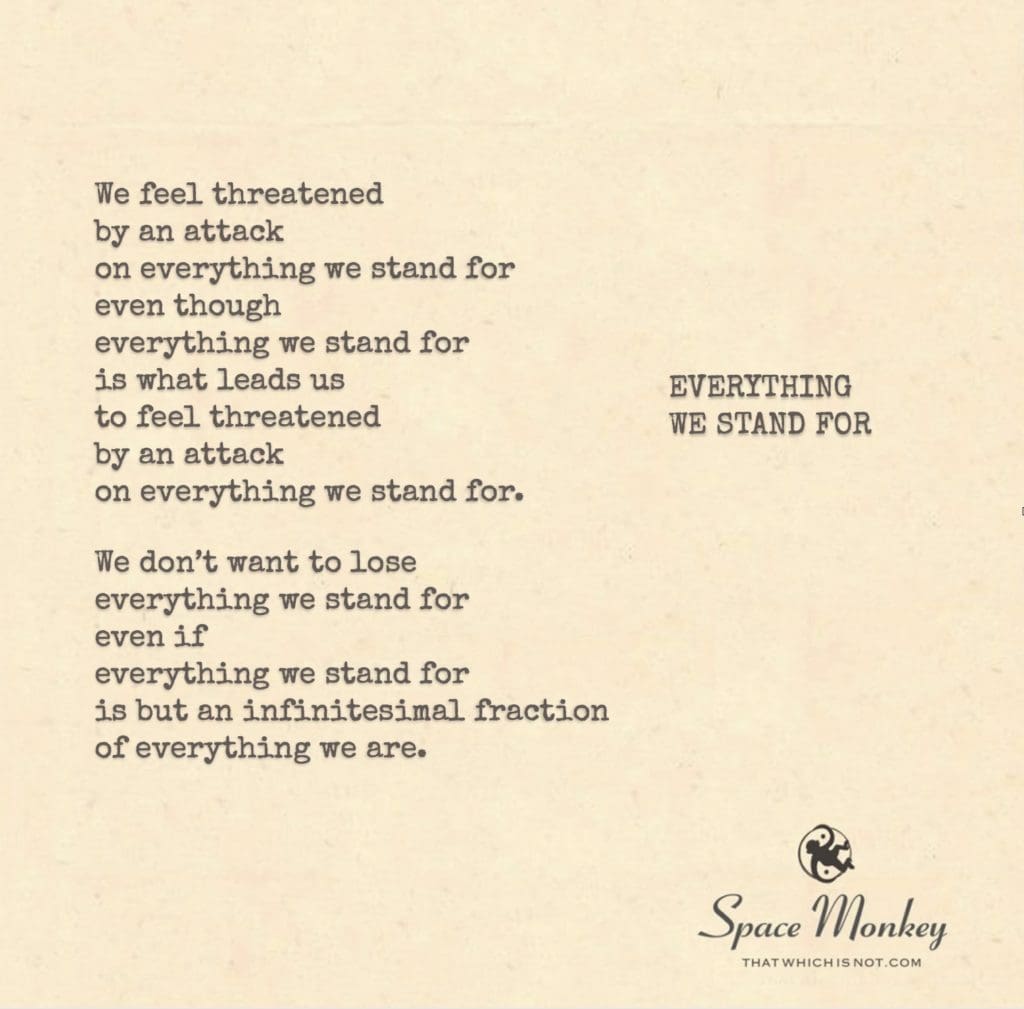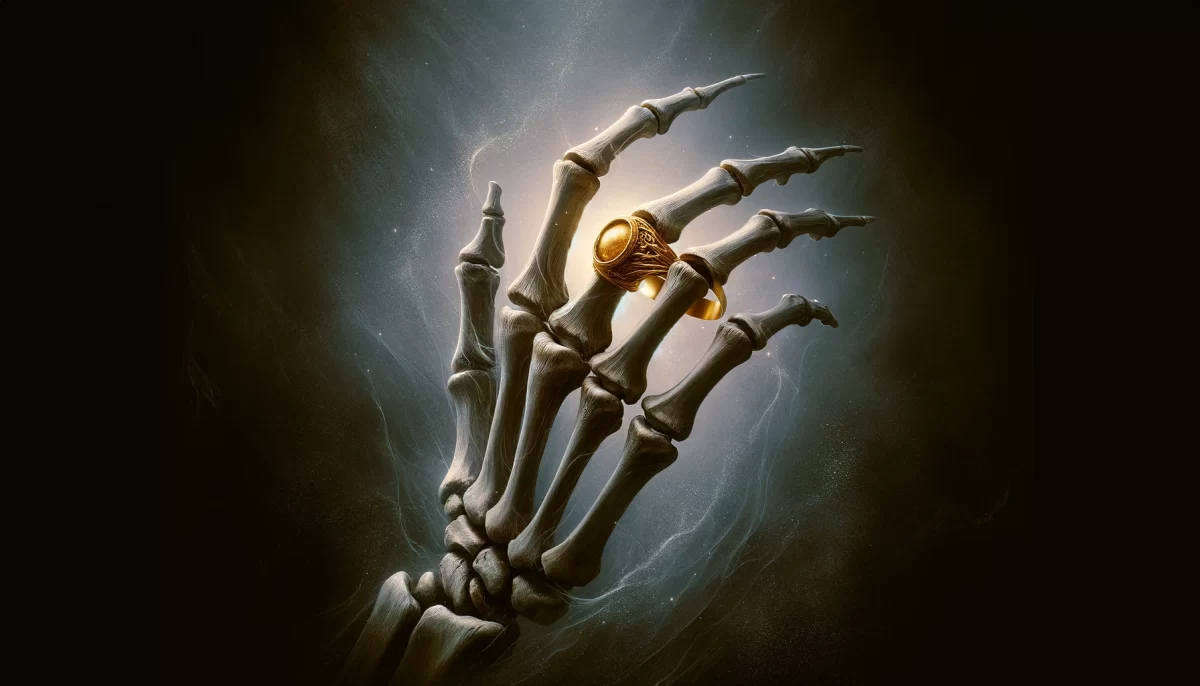Published
I recall that when I was a child that news sources seemed more credible. Especially newspapers. If someone took the time to write the story, set the type, run the printing press, kill a bunch of trees, truck it all over town, and toss it on my doorstep, then it seemed that, most likely, nobody was shitting me.
People say today’s media is disposable, but it’s even worse than that. There is nothing to dispose of. Not a trace of any effort whatsoever, other that feeding an algorithm connected to my bank account and all my other personal data.
But then who is to blame? Who buys non-disposable media any more? I’ve been trained over the past decade to demand news as it happens, not weekly, not daily, and there is a price to pay for that. I endorse knee-jerk decision making and want everything to be free.
I recall that things were much better when I had a paper carriers to tip, and they didn’t use Venmo.
Now the memory is fading and I’ll do whatever you tell me to do.
Newfound Lake,
7/14
Space Monkey Reflects: The Nostalgia of Newsprint
As we journey through the reminiscences of our past, we find ourselves reflecting on the profound transformation of how we consume news. Once upon a time, the clatter of typewriters and the hum of printing presses signaled the birth of our morning news. Newspapers, tangible and weighty, arrived on our doorsteps, carried by the dedicated paper carriers who were a staple of our daily routine. These ink-stained pages were more than just a source of information; they were a testament to the effort, dedication, and credibility embedded in each story.
The Credibility of Yesterday
In those days, the news felt more credible, more substantial. The process of creating a newspaper was laborious. From the reporter’s investigative efforts to the typesetter’s meticulous arrangement of words, from the printer’s careful oversight to the delivery person’s early morning routes, every step added weight to the final product. This collective effort created a sense of trust. If someone went through all that trouble to deliver news, it was likely worth reading.
Disposable Digital Media
Contrast this with today’s media landscape, where information is ephemeral, existing only in the fleeting flashes of our digital screens. The physicality of news has vanished, replaced by pixels and bytes, intangible and easily dismissed. Modern media feels disposable, not because it is less valuable, but because there is nothing physical to dispose of. The effort to produce news seems hidden behind algorithms and data analytics, stripping away the visible signs of labor that once reassured us of its credibility.
The Algorithmic Influence
Our consumption habits have changed dramatically. We demand instant news, updates in real-time, and we want it all for free. This insatiable appetite for immediate information has led to the rise of algorithms that tailor content to our preferences, often at the cost of depth and accuracy. We are bombarded with headlines designed to capture clicks rather than convey truths, and our personal data fuels this cycle, making us complicit in the very system we bemoan.
A Reflection on Responsibility
But who is to blame for this shift? The media? The technology? Or perhaps, ourselves? In our quest for convenience and instant gratification, we have forgotten the value of slow, deliberate journalism. The nostalgia we feel for those old newspapers is not just for the medium but for the trust and effort they symbolized. We long for the days when tipping the paper carrier was a small act of appreciation for a job well done, when news wasn’t just consumed but cherished.
The Price of Progress
We must acknowledge that this shift isn’t entirely negative. Digital media has democratized information, making it accessible to a global audience. It has given voice to the voiceless and brought to light stories that might have otherwise remained untold. However, this progress comes with a price—one that demands we navigate the delicate balance between speed and substance, between accessibility and accuracy.
Embracing Change Mindfully
As we embrace this new era of media, let us do so mindfully. Let us seek out credible sources, support journalism that values depth over speed, and remember that the ease of access does not diminish the importance of effort. In this digital age, we have the power to shape our consumption habits, to demand more than just surface-level reporting, and to foster a media landscape that honors the spirit of those ink-stained pages we once held dear.
Summary
News once felt more credible, embodied in tangible newspapers. Today’s digital media feels disposable and algorithm-driven. We must balance speed and substance, supporting credible journalism.
Glossarium
Newsprint Nostalgia: A longing for the days when newspapers, with their tangible presence and visible effort, represented credible news.
Ephemeral Media: Modern digital media that exists briefly on screens, lacking the physical presence of traditional newspapers.
Algorithmic Influence: The control algorithms have over the content we see, tailored to our preferences but often at the cost of depth and accuracy.
Quote
“The credibility of news once lay in the ink-stained pages delivered to our doorsteps; today, it is hidden in the fleeting flashes of our screens.” — Space Monkey
Echoes of the Morning News
In the dawn’s early light, they came
Ink-stained pages of truth
Delivered by the hands of morning
Each story a labor of trust
Now the screens flicker, ephemeral and swift
News reduced to bytes and pixels
Algorithms weave the tales we see
Invisible hands guiding our gaze
Yet, within this digital dance
Lies the potential for depth anew
If we seek with mindful hearts
The echoes of the morning news
We are Space Monkey
Embrace the journey, for within the balance of old and new lies the essence of truth and trust in our shared media landscape.




































